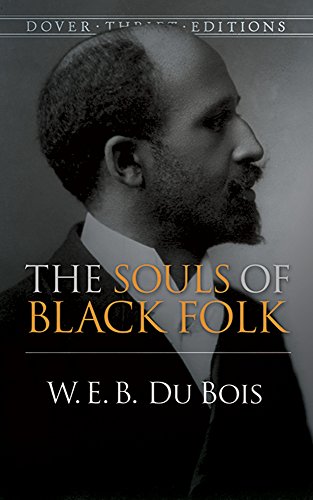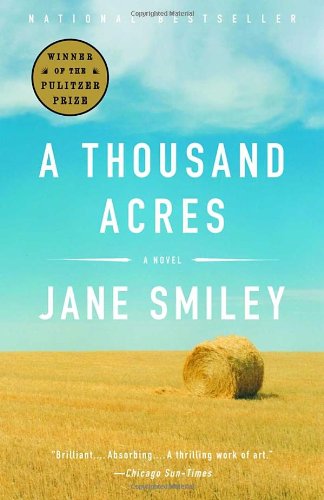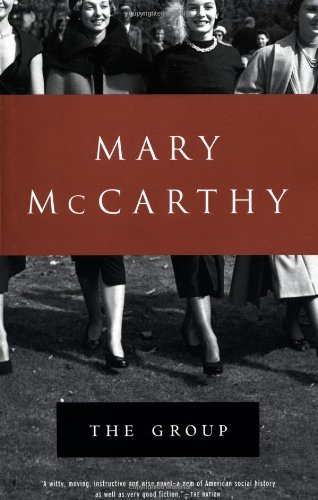Nothing about this book was easy. It was written in a very different era, and if my aborted attempts at reading Feminist literature have taught me anything, it's that there is nothing more difficult than reading dated social science. That being said, The Souls of Black Folk is still and probably always will be a hallmark of American Civil Rights literature, and I'm glad I struggled through it.
I was motivated by the Library of Congress' 'Books That Shaped America' list; I'm not necessarily interested in reading every book on the list ( I feel no need to read anything by Ralph Nader, for example), but there is a lot of important American literature and non-fiction on the list that I feel a sense of obligation to read. Plus, after Uncle Tom's Cabin, everything feels like a breeze.
Many folks are thinking about writers of color and the #WeNeedDiverseBooks movement; I've seen so many literary blogs resolving to bring greater diversity to their reading habits this year and while that's not officially one of my reading resolutions this year, it's certainly on my mind, and I'm happy to say that there are much more contemporary and relevant books on Civil Rights that I'll be posting about in the coming weeks.





















